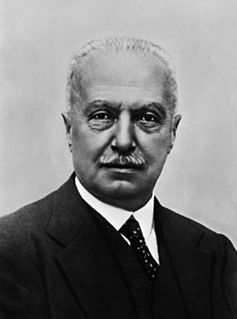A Quote by Amity Shlaes
In my view, if you have one in 10 unemployed - something is wrong with the economy whether you call it recession or not.
Related Quotes
Government intervention in the economy - through taxes, regulation and, most importantly, currency inflation - causes distortions and misallocations of capital that must eventually be unwound. The distortions degrade the general standard of living, and the economy goes into a recession (call that an incomplete cleansing). Or it goes into a depression - wherein the entire sickly structure comes unglued.
Whether you're a populist; whether you're a limited government conservative; whether you're libertarian; whether you're an economic nationalist - we have wide and sometimes divergent opinions. The center core of what we believe, that America is a nation with an economy, not an economy just in some global marketplace with open borders, but we are a nation with a culture and a reason for being.


































